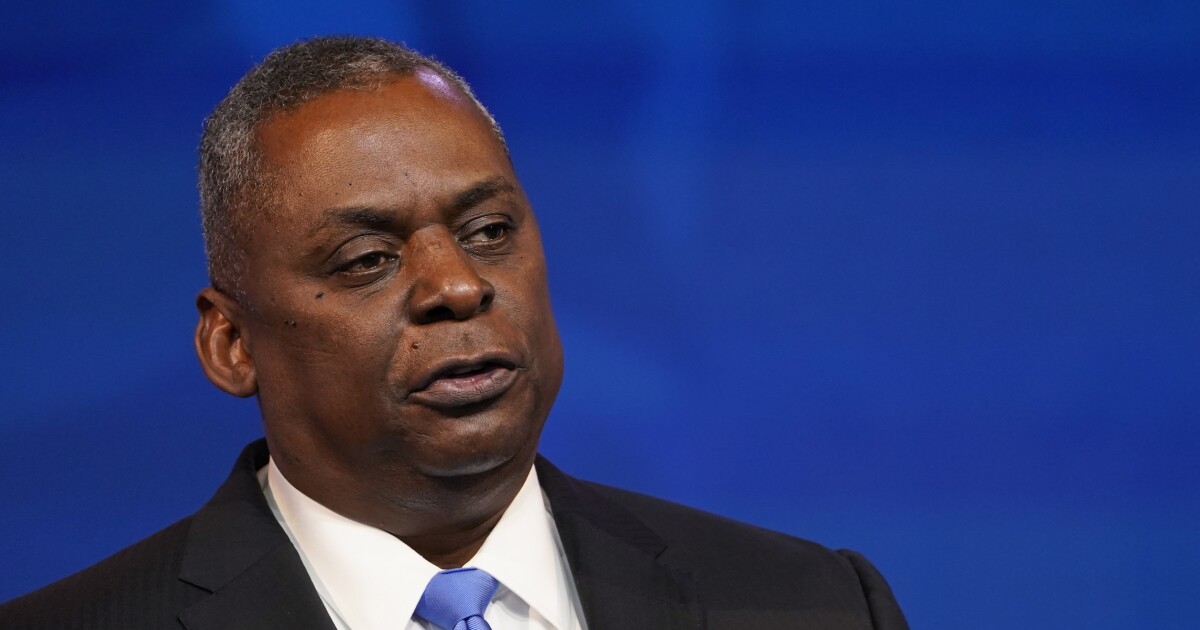

Secretary of Defense Lloyd Austin made an unannounced visit to Iraq, where he reaffirmed the U.S.’s long-term commitment in the region.
Austin’s trip makes him the highest-ranking Cabinet official to visit the country since the start of the Biden administration. He met with Iraqi Prime Minister Mohammed Shia al-Sudani and is expected to meet other senior officials while he is in the country.
LLOYD AUSTIN EMBARKS ON TRIP TO MIDDLE EAST TO REASSURE ALLIES
The secretary said in a statement he’s in Iraq to “reaffirm the US-Iraq strategic partnership as we move toward a more secure, stable and sovereign Iraq,” according to the press pool.
Austin’s visit comes weeks ahead of the 20-year anniversary of the U.S.’s invasion of Iraq in March 2003, which ultimately resulted in both the toppling of Saddam Hussein and the deaths of 185,000 and 208,000 Iraqi civilians, according to the Costs of War Project by the Watson Institute for International Studies at Brown University.
The defense secretary, who was the last commanding general of U.S. forces there after the invasion, is in the middle of a trip that includes stops in Jordan, Egypt and Israel.
His trip is designed to reaffirm to U.S. allies in the Middle East that the U.S. “remains committed to supporting their defense and increasing and strengthening the strategic partnerships with each of these countries,” a senior Pentagon official told reporters on Friday, ahead of his departure.
CLICK HERE TO READ MORE FROM THE WASHINGTON EXAMINER
The topic of Iran’s ongoing maligned behavior is also a top issue for Austin to discuss with regional partners.
“He will obviously be speaking about the unprovoked war of choice by Russia and Ukraine,” the official added. “He will share his views about the imperative of increasing support to Ukraine now. He will also talk about the strategic implications of increasing Russian-Iranian military cooperation, which right now is killing Ukrainians but, eventually, will come back with significant and negative security consequences for the Middle East.”





